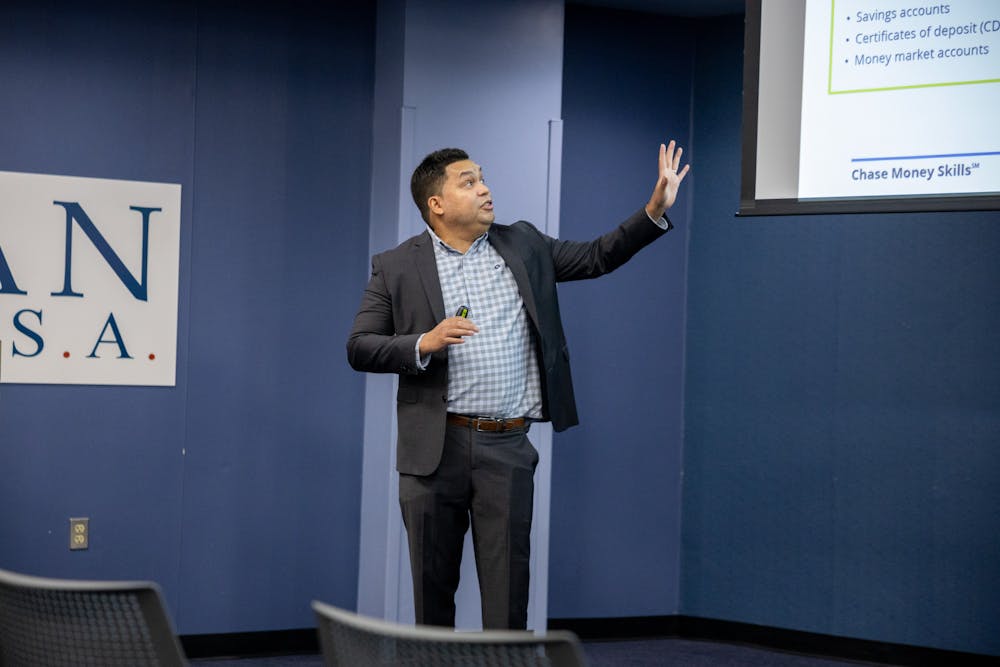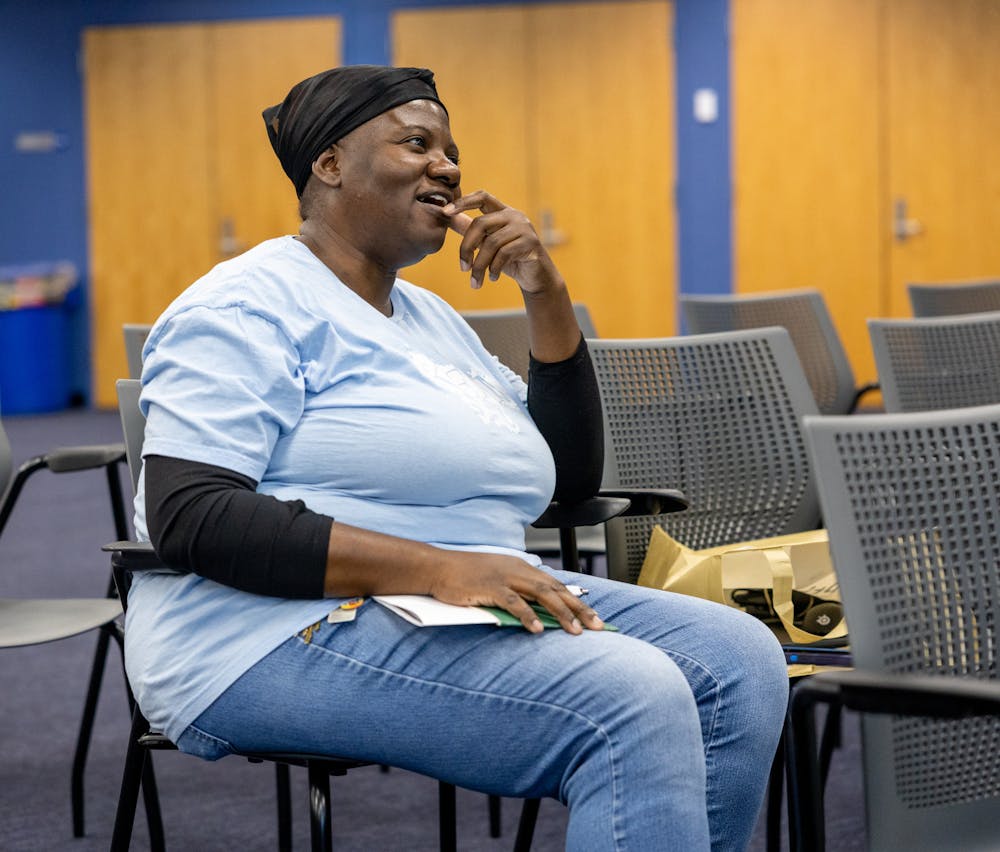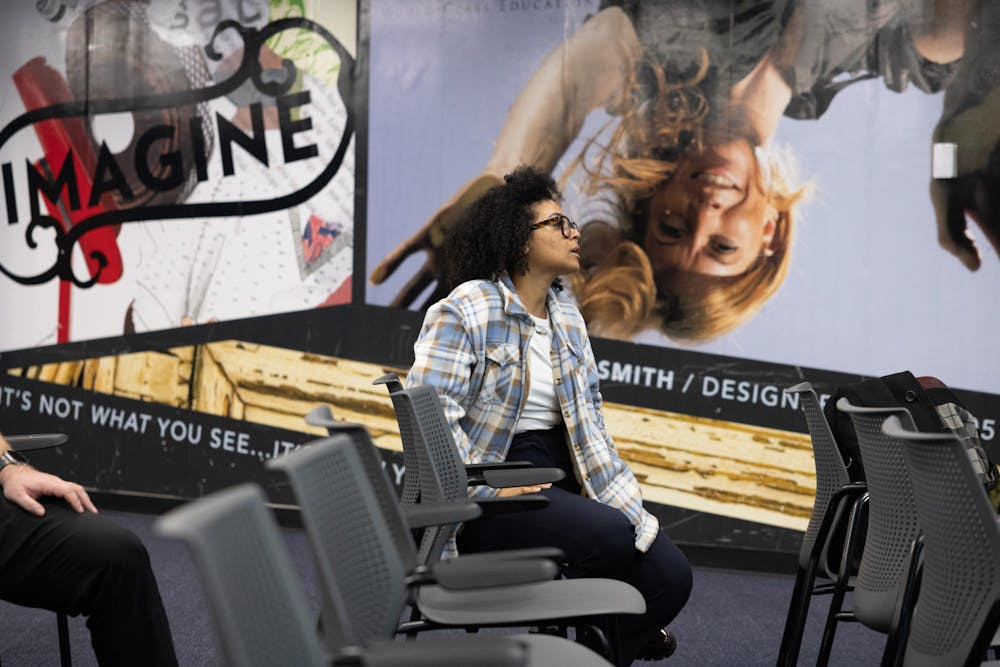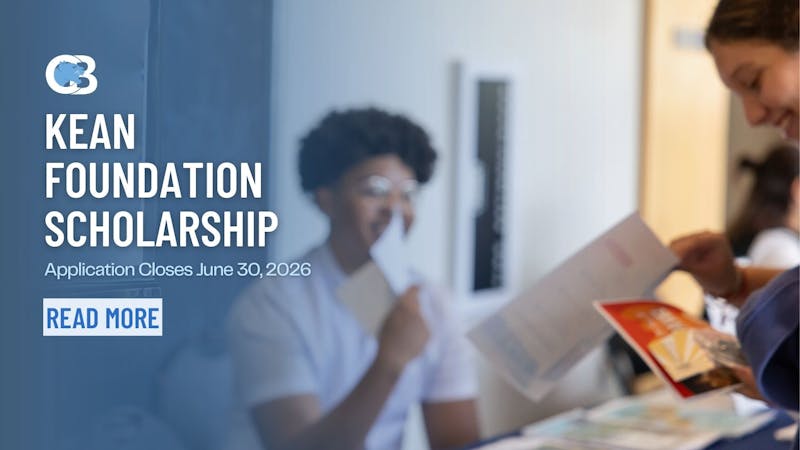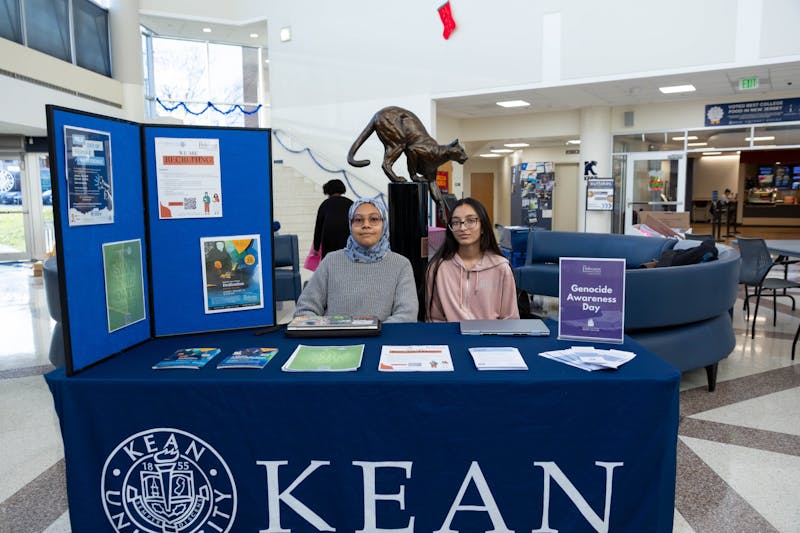On November 3, the Office of Belonging and Community Engagement invited Charles Paez, a community manager for JPMorgan Chase, to discuss the importance of financial health and literacy for Kean students.
Part of the wider Money Matters series, the presentation provided tools to help students choose the right bank based on their needs. The hour-long presentation covered a variety of finance-related topics, from the several types of banks accounts to hidden fees and common scams.
Paez explained, “I want to give you all the different options... every option has good things, but also consequences. It’s for you to make those decisions—which is the right bank for you.”
Throughout the session, Paez broke down the basics of opening and managing accounts, explained the differences between checking and savings, shared the importance of FDIC and credit union insurance protections, and cautioned about the hidden fees that can catch students off guard.
Ugochi Adibemma, a Senior majoring in Public Health with a minor in Communications from Union, NJ, described the excitement of opening her first bank account as a freshman.
“One thing I’m taking away [from this event] is about opening a credit card as a college student,” she said. Adibemma explained how she continues to attend financial literacy events because they help her make informed decisions.
Paez also highlighted common mistakes students make, such as overdrafting accounts or ignoring credit until it’s too late. He reminds students that “starting your credit early makes a huge difference in your financial future.”
Deridre Corbett, a Junior majoring in Education from Newark, NJ, shared how campus workshops helped her avoid repeating past mistakes. She explained how students can over-rely on their parents for financial literacy, so they don’t feel the need to learn more.
“They’re like, oh, I got it. I got a job, so it’s fine, or my mom will help me out, so it’s fine,” she said. “But they have different bank accounts at a different time period than we did.... going to financial literacy [events] on campus reduced the risk of going into those mistakes.”
For Maiyel M. Joseph, a Senior majoring in Business Management from Elizabeth, NJ, the session shed light on hidden costs. “It's always good to know the extra hidden fees, because a lot of banks like to hide the fees,” he stressed. “It’s pretty hard to build up your finances while you’re young without knowing, and [banks] prey on that.”
Paez cautioned against relying solely on social media and peer-to-peer platforms like Cash App. He highlighted the importance of seeking professionals and utilizing traditional forms of banking, as they provide valuable human contacts in a digital age and can protect against fraud.
On advising students who may be intimidated by finance, Paez emphasized: “Educate yourself. Do your research, and don’t just follow everything that’s on TikTok, on YouTube. Follow professionals, people in the industry—not people that just post online.”
For students who missed the event, Paez’s partnership with Kean University will bring him to campus for three or four workshops each year, ensuring they have consistent access to financial education. Attending events like Bank On It can help Kean Cougars, many of them just starting to navigate the world of finance, build confidence and expertise in this dynamic and essential facet of life.


